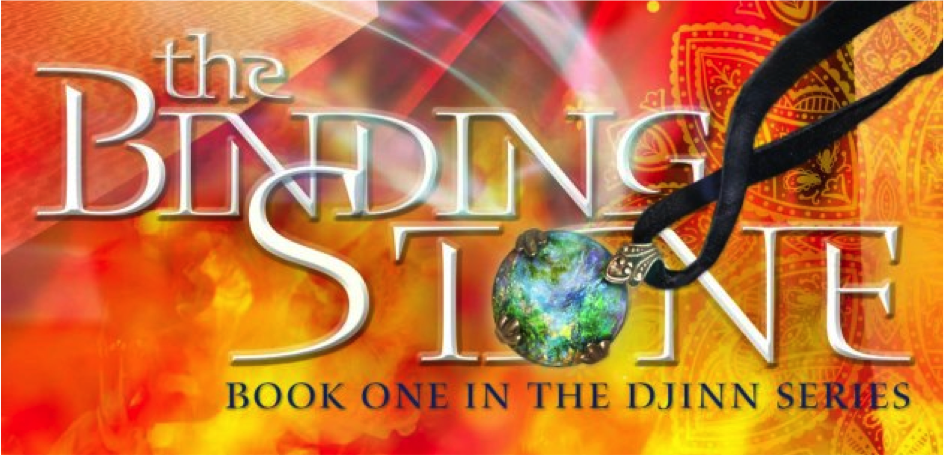 |
| photo credit |
This week I want to talk about the resolution in our writing. As in, how the heck do I tie everything up with a pretty bow and still leave myself open for the the other five books I hope I get signed for?
Rule number one: Write a book that stands alone
Yep you heard me. I don't care if you've spent years partitioning out a seven book series that's hundreds of thousands of words long. I (and agents and editors) don't want to know about it. Sure you can say there's series potential when querying. You may even have an outline ready. But the single most important thing is to have a solid, well-written manuscript to hand over that stands on its own two legs.
Rule number two: Dynamic Characters
Now that we've established that your problem must be resolved (at least to some satisfactory level) you have to round off that character arc too. The plot and character arcs don't necessarily have to line up exactly, but the person (or demon, or vampire, or ghost, or whatever) we meet in the beginning of the story should not be the same person we end up with. Whatever you've done, whatever he or she has gone through, we want to see that it's changed him or her. Give your character time to come to grips with whatever earth shattering thing has happened at the end. If I'm invested, I want to see what happens.
Rule number three: Don't meander
Just like sometimes we have trouble knowing when the story really starts, so do we have trouble knowing where it ends. I just said above that we need to see the characters come to grips with whatever the big changes were. But we don't need to see them continue on in their day to day lives for another full week just so that we know they can handle it. Let's look at Harry Potter as an example (since I hate ruining endings for you if you haven't read another book I might use). At the end of Sorcerers Stone (and most subsequent books) we see the school year come to an end at Hogwarts. We finish the big fight with Voldemort. But we also decompress by having the big heart to heart with Dumbledore, see that the school remains intact, wrap up subplots like Gryffindor winning the house cup, and resolve ourselves to the idea that Harry must go back to the Dursley's but with the hope that it will work out when he returns next year. Nice and neat. And still room for a sequel. We don't have to see him actually get back to the Dursley's house because it does nothing for the book as a whole.
Rule number four: Don't rush it
Sometimes we've gone so far with this thing that's taken on a life of its own that when we finally see the finish line looming ahead, we take off at a run. Slow it down. Keep the pacing right for the moment. I (the reader) have waited the whole darn book for this. I've ridden the roller coaster with the characters, invested my time, and now I want something that satisfies me. Which brings us to-
Rule number five: Don't pull it out of your you-know-what
I'm a pantser folks. I hardly ever plan my manuscripts out from the get go. I take notes. But I don't outline. I like to be surprised (yeah go figure that one out). But I know that in order to wrap it up in the hero's favor, I need to give both he and the reader the tools to be able to do that along the way. Clues and information he can use. His friends can help, but he needs to have to make a choice that results in the outcome, whether good or bad. And that's all on him. So if suddenly the magic fairy shows up and sprinkles fairy dust on the villain, the reader's going to be pissed and rightfully so. Just like Harry had to face down Voldemort himself.
What rules do you have to add?























